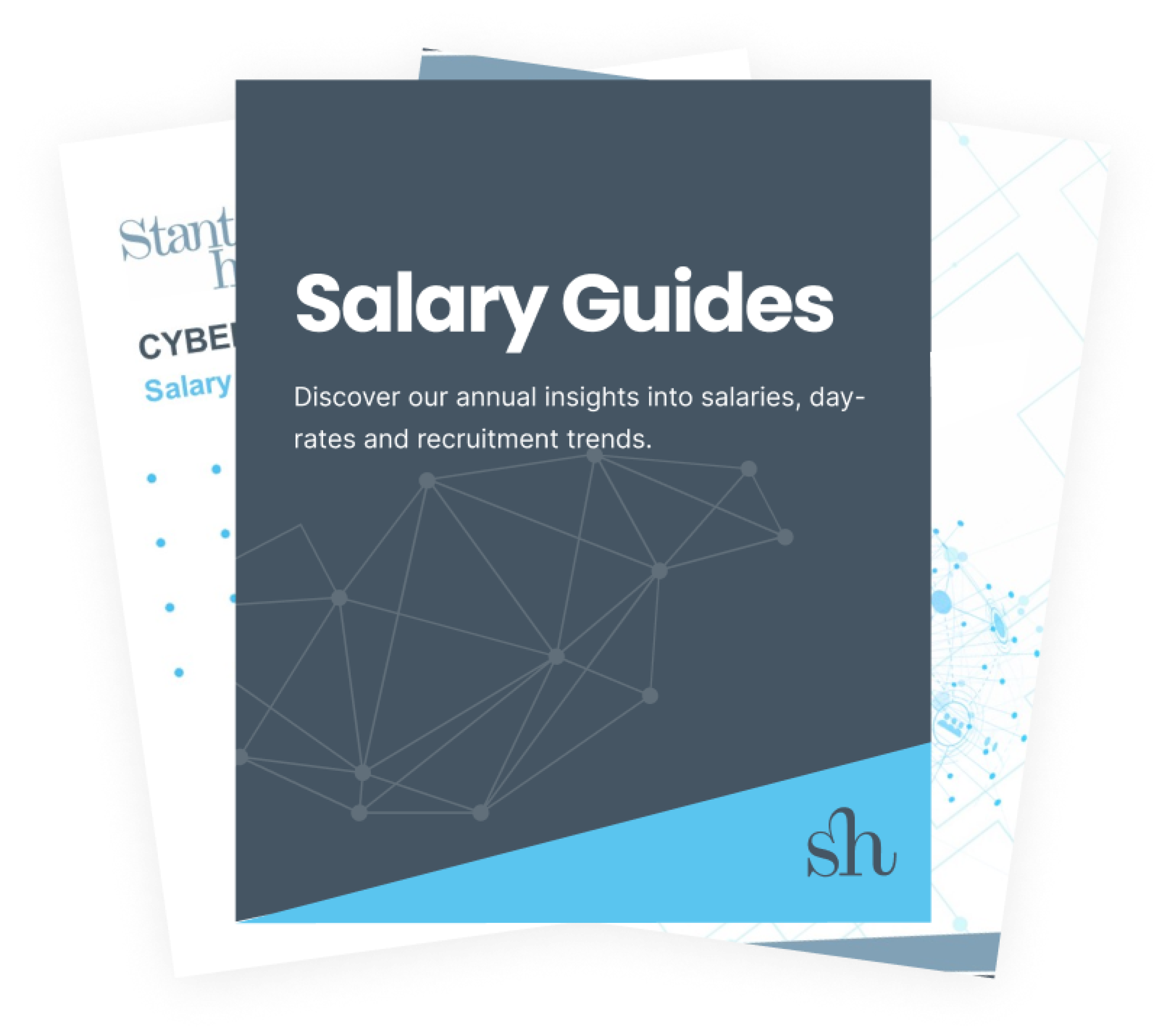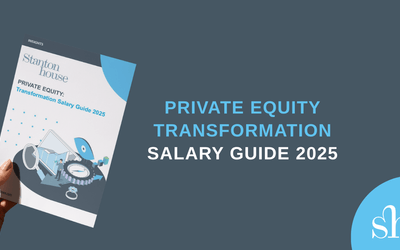
Interim Reimagined: What Today's CFO Trends Means for Finance Leaders in Transition
In a year marked by cautious ambition, UK finance leaders are being asked to do more with less - and do it faster. While overall confidence among CFOs has dipped to a two-year low, their appetite for transformation, risk, and digital investment is quietly but steadily returning. For experienced interims, that shift represents a significant, albeit selective, opportunity.
At Stanton House, we’ve been speaking daily with CFOs, interims, and Heads of Talent across industries. We've analysed the latest market data from Deloitte’s CFO Survey and the Institute of Interim Management (IIM) to understand how these macro conditions are shaping interim hiring. The message is clear: interim isn’t going anywhere - but it’s evolving.
A Dip in Confidence - But Not in Ambition
Deloitte’s Q2 2025 CFO Survey reveals that just 12% of CFOs feel more optimistic about their organisation’s financial prospects — the lowest figure since Q3 2022. Yet despite this drop in sentiment, CFOs are starting to shift gears.
Seventeen percent now say it’s a good time to take risk, more than double the figure from Q1. CFOs are pivoting toward organic growth, capital investment, and digital transformation for the first time in over a year. Meanwhile, the UK has risen to the top spot globally for investment attractiveness, tied with India.
What does this mean for interims? Growth-minded businesses are leaning into change, but many remain cautious about permanent leadership hires. This creates fertile ground for high-impact interim professionals who can deliver results without long-term commitment.
The ‘Perm Pivot’: Why Interim Value Must Be Crystal Clear
That said, the market isn’t what it was in 2020. Organisations are internalising more work, promoting from within, or expanding responsibilities across permanent roles. One Talent Acquisition lead told us:
“It’s not just about saving money. In this environment, some leaders see hiring interims as a risk. They’re cautious, and unless the value case is crystal clear, they’ll try to stretch their existing teams.”
This sentiment is echoed by senior finance professionals in our network. One seasoned interim shared:
“It’s definitely more competitive. I’ve noticed more gaps between roles, and businesses are looking for unicorns — someone with an incredibly niche skillset who can hit the ground running on day one.”
With a high supply of permanent talent and a ‘wait-and-see’ mindset still lingering after the 2024 UK election and budget announcements, interims need to do more than ever to stand out.
Our advice? Outcome-led positioning is key. Interims must demonstrate measurable impact - on CVs, LinkedIn profiles, and in early conversations. What did you deliver? How quickly? What changed as a result?
Where Demand Persists: PE, Public Sector, and Tech-Driven Roles
The interim market hasn’t disappeared - it’s simply become more concentrated.
We’re seeing consistent demand in:
- Private Equity and Venture Capital: High-growth or turnaround portfolio businesses seeking agile finance leadership.
- Public Sector: Particularly within local government transformation, cost optimisation, and programme recovery.
- Finance Automation & Digital Tools: Organisations seeking short-term leadership to implement tools like Anaplan, NetSuite, or Workday.
- Fractional Finance Leadership: Especially in scaling fintechs and SMEs needing senior firepower on a part-time basis.
Our client conversations consistently highlight the demand for interims who can professionalise finance functions, embed ESG reporting, or support transformation triggered by AI and regulatory reform.
AI, ESG & Transformation: The Emerging Interim Toolkit
According to Deloitte, 72% of CFOs expect AI to significantly reshape their function, with nearly half already deploying AI internally. This is reshaping demand for interim skills in real time.
We’re seeing a rise in interim opportunities linked to:
- Leading automation and AI implementation projects
- Overhauling data management and building finance analytics capability
- Preparing ESG disclosures under ISSB/CSRD standards
- Establishing fit-for-purpose FP&A and forecasting infrastructure
- Supporting investor readiness for VC/PE-backed firms
One of our interim network contributors put it well:
“AI isn’t removing roles - it’s reframing them. Once a company knows what it needs from AI, they realise they need someone experienced to guide the implementation. That’s where interims come in.”
Still a Buyer’s Market - But Value Wins
While the market remains competitive, demand is returning for those who can deliver outcomes fast.
Some interims told us they're waiting longer between assignments than ever before. Others are concerned about AI-driven CV screening and a "commoditised" hiring process. IR35 and confusion around interim vs consultancy vs fractional models aren’t helping.
But here's what cuts through:
- Clear personal branding: Know your value proposition.
- Niche expertise: Carve out a specialism - sectoral, functional, or transformation-focused.
- Visibility: Attend events, post insights, and keep your network warm.
- Flexibility: Be open to FTC, hybrid, or fractional roles if the opportunity aligns with your strengths.
The Road Ahead: More Projects, More Pressure - and More Opportunity
While the past 12 months have been tough, there are signals of market momentum building again. Many businesses that paused transformation due to budget constraints are now acting, recognising that waiting may cost them more in the long run.
We expect interim demand to rise in areas like:
- AI maturity and governance
- Digital supply chain or ERP transformation
- Cost optimisation and FP&A overhaul
- Post-acquisition integration in PE and local government reform
Interim may be changing, but it remains a powerful career path for seasoned professionals who thrive on change, move fast, and deliver real business impact.
Final Thoughts
At Stanton House, we see interims as catalysts - not gap-fillers. While conditions remain competitive, skilled interim finance leaders who can embed technology, navigate regulation, and drive transformation will continue to find opportunity.
If you’re an experienced interim seeking your next challenge or exploring whether this career path is right for you, get in touch. We’re here to help you navigate what’s next.
Check out our latest jobs here or contact us to see how we can support you.



















